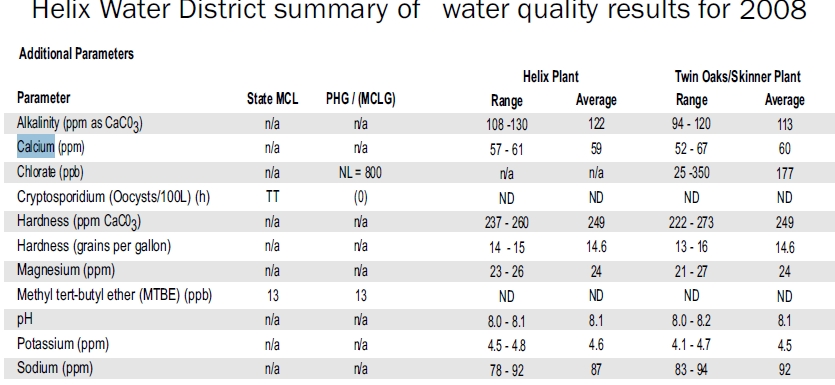WVBeerBaron
Well-Known Member
I have been brewing everything with either spring water right out of the bottle or local spring water perking out of the hills without adjusting it.
On one hand spring water is clean and easy. No fuss.
On the other hand some beers call for specific water profiles.
Is adjusting the water profile worth it?
Thanks for you 2 cents
On one hand spring water is clean and easy. No fuss.
On the other hand some beers call for specific water profiles.
Is adjusting the water profile worth it?
Thanks for you 2 cents




